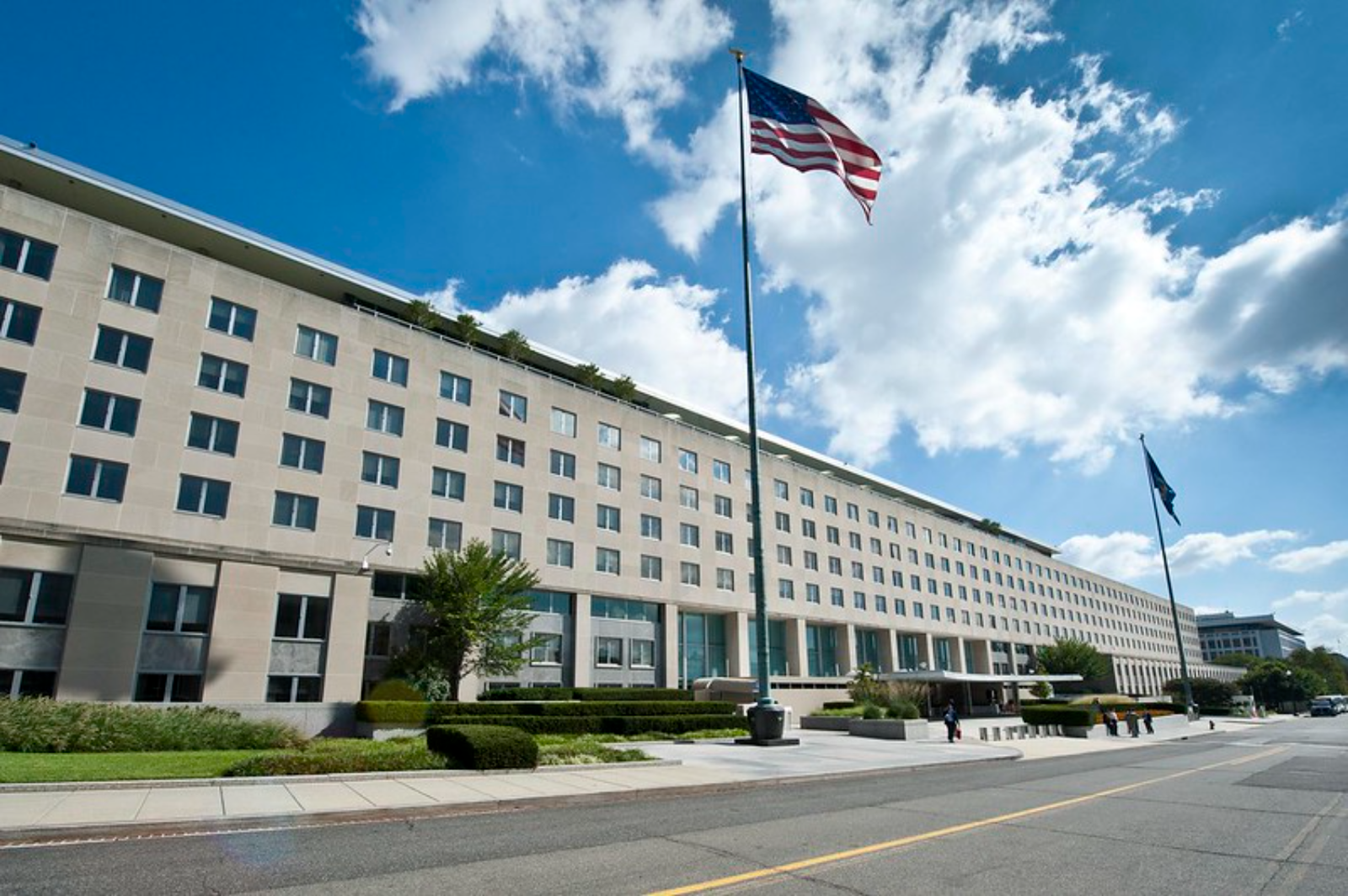One of the strategic goals of the U.S. in relation to the Western Balkans is the independence of this region in the field of energy and countering Russia’s attempt to influence this part of the region through its energy capacities.
In order to achieve this strategic goal, the US recently signed an agreement on strategic cooperation in the field of energy with Serbia. The agreement was signed on September 18 by Undersecretary for Economic Growth, Energy and Environment Jose Fernandez and Serbian top diplomat Marko Djuric.
A U.S. State Department spokesman said the agreement would expand opportunities for U.S. companies to invest in Serbia’s energy sector.
This spokesman said that the agreement reached with Serbia does not harm the interests of any country in the region and that the US believes that it is in the interest of each country in the region to diversify energy sources and expand them.
“This agreement does not harm the interests of any other country in the region. On the contrary, we believe that it is in the interest of all Western Balkan countries to diversify and expand their energy sources,” the US State Department spokesperson told Express.
On the question of whether a similar agreement with Kosovo is expected, this US spokesperson said that the long and unwavering US support for Kosovo includes cooperation to develop green energy resources, citing assistance through USAID and MCC to unlock the $ 236 million fund for the region’s largest battery project.
“Our long and unwavering support for Kosovo includes cooperation for Kosovo to develop its green energy resources, for example, through USAID assistance for Kosovo’s first solar energy auction, and in April 2024 MCC and the Kosovo government Compact, which unlocked the $ 236 million grant to finance the procurement of the largest storage battery space in the region,” concluded the US State Department spokesperson.
The U.S. has consistently supported the region for energy independence and diversification of energy sources. Kosovo years ago was offered support for the gas project through MCC, however this project did not find the light of realization due to Kosovo’s refusal and has been replaced by a large project of batteries that store electricity, also supported by the Americans.
The pipeline project was also linked to global decarbonization goals by 2050.







